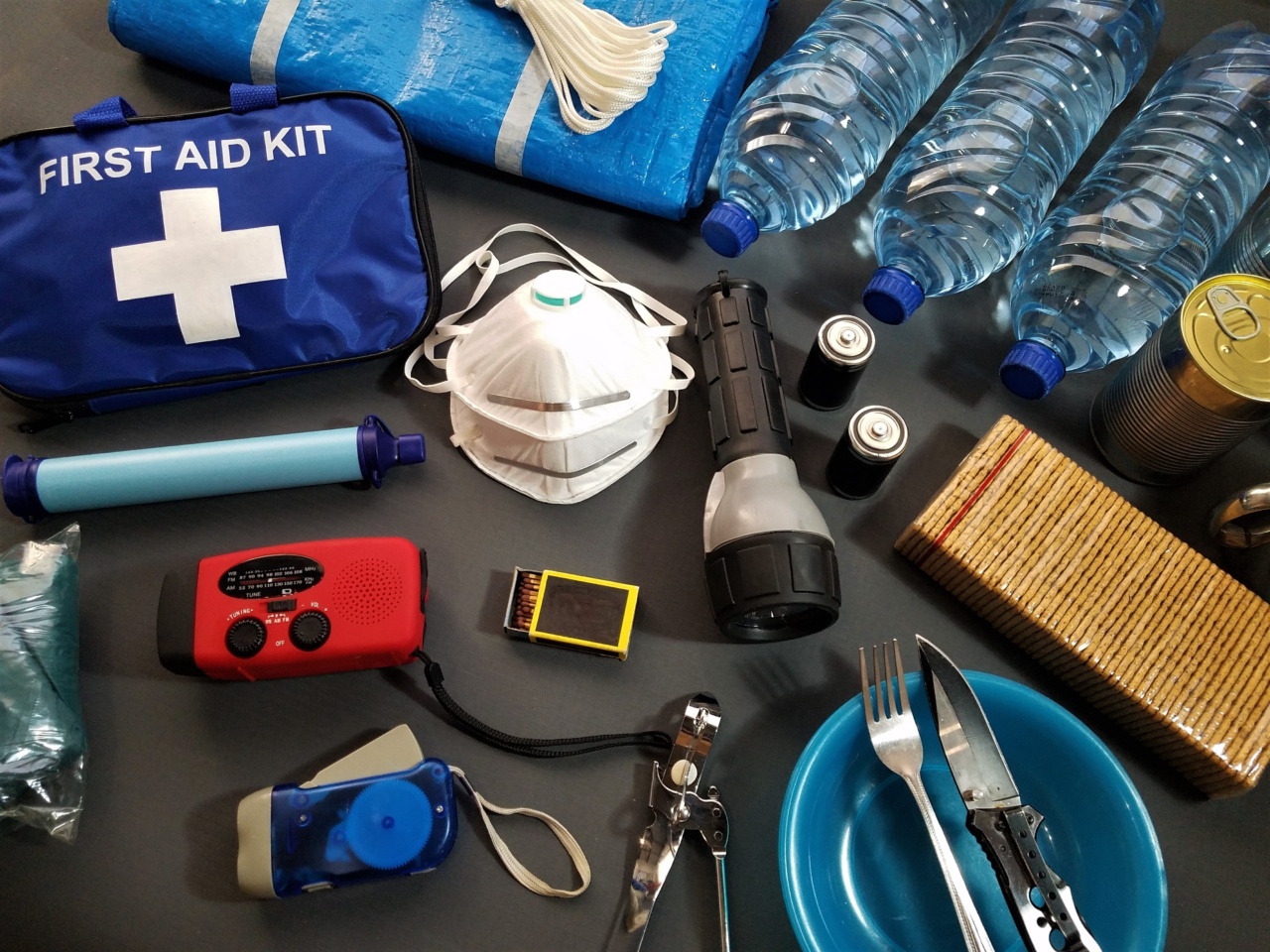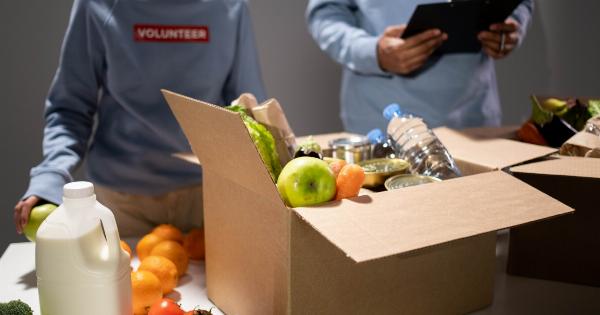Many people turn to canned foods as a convenient and cost-effective way to stay fed throughout the week. Canned food has been a staple in American households for decades, and it’s easy to see why.
With just a few simple ingredients, you can create a quick and easy meal that’s ready to go. However, there are some dangers associated with canned food that you should be aware of. In this article, we’ll explore those dangers and provide you with some tips for staying safe while enjoying the convenience of canned food.
Danger #1: BPA Exposure
Bisphenol A (BPA) is a chemical that is commonly used in the lining of canned foods to prevent rust and contamination.
While the chemical has been deemed safe for use in small quantities by the FDA, some studies have shown that exposure to higher levels of BPA can have negative health effects. Studies have linked BPA exposure to a variety of health risks, including cancer, obesity, and reproductive system abnormalities.
If you’re concerned about BPA exposure, look for canned foods that are labeled as “BPA-free.” You can also opt for fresh or frozen fruits and vegetables, which typically have lower levels of BPA.
Danger #2: Sodium Overload
Canned foods are often loaded with sodium as a way to keep them fresh and flavorful. While a small amount of sodium is necessary for good health, too much can be harmful. A diet high in sodium can lead to high blood pressure, heart disease, and stroke.
Unfortunately, many canned foods are high in sodium, including soups, vegetables, and meats.
To reduce your sodium intake, look for canned foods that are labeled “low-sodium” or “no-salt-added.” You can also rinse canned vegetables before cooking them to remove some of the excess salt.
Danger #3: Nutrient Loss
When fruits and vegetables are canned, they can lose some of their nutrient value. The canning process involves heating the food to a high temperature, which can break down some of the vitamins and minerals that are naturally present in the food.
In addition, the longer the food sits in the can, the more nutrient value it loses.
To make up for this nutrient loss, look for canned foods that are fortified with vitamins and minerals. You can also opt for fresh or frozen fruits and vegetables, which tend to be more nutrient-dense than their canned counterparts.
Danger #4: Food Poisoning
Canned food is typically safe to eat, but there is always a risk of contamination during the canning process. If the food is not heated to the proper temperature or if the can is not sealed properly, harmful bacteria can grow inside the can.
Eating contaminated canned food can lead to food poisoning, which can cause symptoms like vomiting, diarrhea, and fever.
To reduce your risk of food poisoning from canned food, make sure to check the expiration date before eating it. You should also inspect the can for any signs of damage or bulging. If the can looks suspicious, it’s best to throw it away.
Danger #5: Environmental Impact
The production and disposal of canned food can have a negative impact on the environment. The canning process requires a lot of energy, water, and other resources, and the cans themselves are not always recyclable.
In addition, the transportation of canned food contributes to greenhouse gas emissions.
To reduce your environmental impact, look for canned foods that are produced using sustainable practices. You can also opt for fresh or frozen fruits and vegetables, which typically have a smaller environmental footprint.
Conclusion
Canned food can be a convenient and cost-effective way to stay fed, but it’s important to be aware of the dangers associated with it.
By taking steps to reduce your exposure to BPA, sodium, and nutrient loss, as well as checking for signs of contamination and reducing your environmental impact, you can enjoy the convenience of canned food without putting your health or the environment at risk.






























